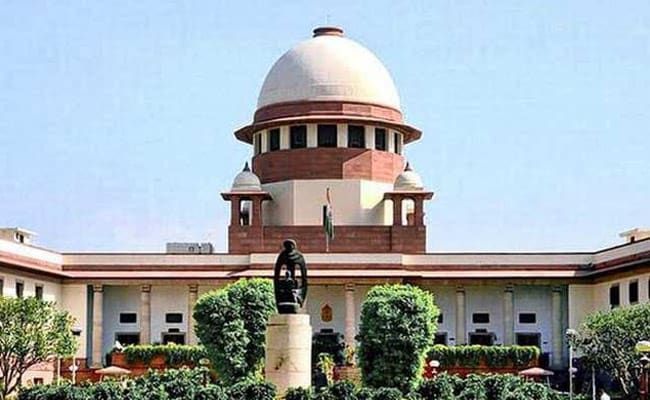
The Supreme Court, in a unanimous judgment delivered today, upheld the Centre's decision to scrap the provisions of Article 370 of the Constitution, which had granted special status to the erstwhile state of Jammu and Kashmir.
Here are the key points from the Court's judgment:
The Supreme Court upheld the Centre's decision to scrap Article 370, asserting that Jammu and Kashmir possesses no unique internal sovereignty compared to other Indian states.
The Supreme Court upheld the validity of the Centre's decision to carve out the union territory of Ladakh from Jammu and Kashmir in August 2019.
The Supreme Court directed that the restoration of statehood in the Union Territory of Jammu and Kashmir shall be done at the earliest.
The Supreme Court directed the Election Commission of India (EC) to hold elections in Jammu and Kashmir by September 30 next year.
The Supreme Court refused to rule on the validity of the Presidential rule imposed in Jammu and Kashmir in December 2018 since it was not specifically challenged by the petitioners.
The Supreme Court held that Article 370 is a temporary provision. Article 370 was an interim arrangement due to war conditions in the state, the Court said.
When a proclamation under Article 356 comes into force, countless decisions are taken by the Centre. Not every action can be challenged, the Court said.

